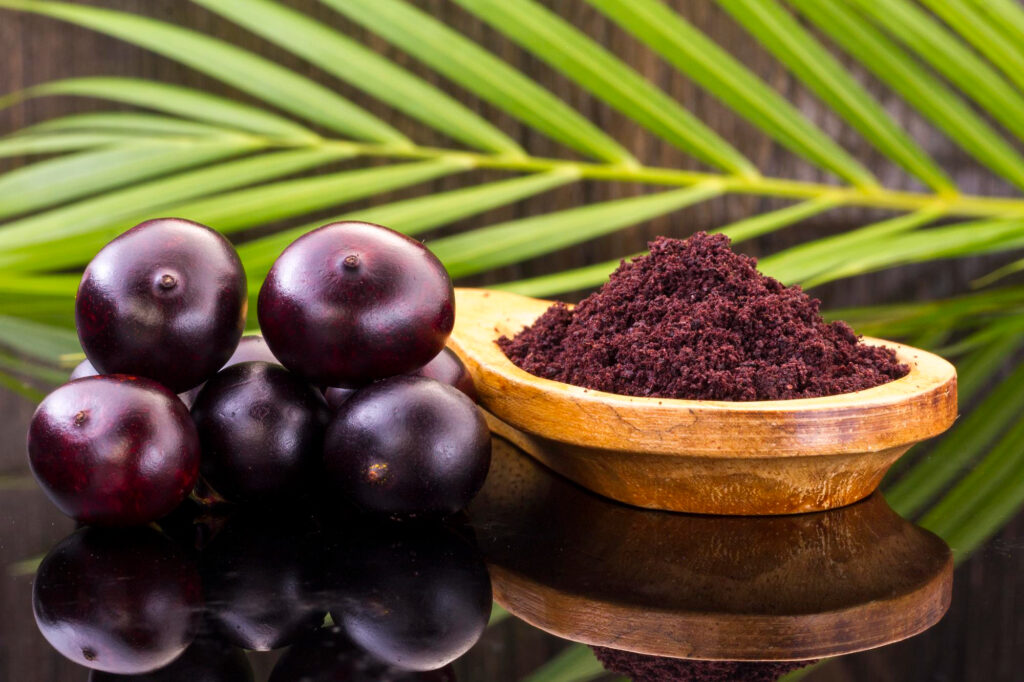
In the healthy food sector, certification bio food and healthy food accreditations have become essential for building consumer trust. Faced with growing demand for food transparency, restaurants and distribution companies must master the different labels and their requirements. This guide helps you understand essential certification bio food standards and gives you the keys to choose and obtain those that will best enhance your business value.
Between European standards, private labels and specialised certifications, the certification bio food landscape can seem complex. However, when well-chosen and properly obtained, these accreditations constitute a real lever for differentiation and growth for your healthy food business.

The world of food certifications is structured around three main categories of organisations: official European labels, recognised private certifications and specialised sector standards. This hierarchy determines the value perceived by consumers and the commercial impact of each certification bio food standard.
Recent statistics show that 73% of European consumers are willing to pay a premium of 15 to 25% for certified organic products, whilst 68% consider labels as a determining criterion in their food choices. These figures explain why obtaining appropriate certification bio food represents a major strategic investment. Find in our last article the perfect way to lunch your delivery food services.
The European organic label (Euroleaf) constitutes the absolute reference in organic certification bio food. Governed by regulation CE 834/2007, it guarantees compliance with strict standards concerning the production, processing and labelling of organic products. For restaurant businesses, this certification bio food imposes significant constraints but offers immediate recognition by consumers.
Requirements include the use of organic ingredients at a minimum of 95%, total prohibition of GMOs, and implementation of a complete traceability system. Obtaining this certification bio food typically requires 6 to 12 months of process, with mandatory annual control audits.
Beyond official certifications, many private labels have gained strong recognition in the healthy food sector. These certification food bio standards often focus on specific aspects such as fair trade, sustainable agriculture or nutritional properties of foods.

Obtaining certification bio food follows a standardised process that varies according to the certifying body but always respects the same main stages. Understanding this journey allows optimisation of deadlines and reduction of associated costs.
Preparation represents 60 to 70% of the total time needed to obtain certification bio food. This phase includes bringing processes into compliance, team training and technical file constitution. Rigorous preparation significantly increases chances of success during the initial audit.
Before engaging the official process, it is recommended to conduct an internal audit or call upon a specialised consultant to evaluate the current level of compliance. This step identifies gaps compared to certification food bio requirements and estimates necessary investments.
Preliminary assessment covers several critical areas: sourcing quality, transformation processes, traceability systems, cleaning procedures and staff training. Each area undergoes detailed analysis with identification of corrective actions to implement for certification food bio success.
The application file constitutes the foundation of evaluation by the certifying body. Its quality largely determines process fluidity and success chances. A complete file generally comprises around twenty technical and procedural documents for certification food bio.
Essential elements include: quality control plan, standardised operational procedures, supplier certificates, product analyses, traceability system and staff training plan. Each document must be up-to-date and faithfully reflect the company's actual practices.

Certification bodies evaluate candidates according to precise grids that vary by label type but share common fundamentals. Mastering these certification food bio criteria allows effective orientation of compliance efforts and anticipation of vigilance points during audits.
Certification audits follow rigorous methodology based on direct observation of practices, documentary analysis and team interviews. Average duration of an initial audit varies from 1 to 3 days depending on establishment size and process complexity evaluated for certification bio food.
Raw material quality constitutes the first level of requirement for any food certification. Auditors systematically verify supplier compliance, batch traceability and stock management. For organic certification bio food, minimum 95% of ingredients must be certified organic.
Evaluation criteria include rigorous supplier selection, verification of their certifications, implementation of quality contracts and regular supplier audits. Supply source diversification and cross-contamination risk management also receive particular attention in certification bio food assessment.
Transformation processes represent a critical evaluation point, particularly for restaurant businesses that handle and transform raw materials. Auditors analyse each production chain step to ensure compliance with certification bio quality standards.
Evaluated elements comprise: conservation and storage methods, authorised preparation techniques, cooking and conservation temperatures, cleaning and disinfection procedures, and contamination prevention. Each process must be documented and subject to regular controls for certification bio food maintenance.
Choosing certification bio must be based on strategic analysis that considers your market positioning, target clientele and operational capabilities. A methodical approach identifies the most relevant certifications and optimises return on investment.
Cost-benefit analysis reveals that companies choosing their certification bio food strategically observe an average turnover increase of 12 to 18% within 24 months following label obtention. This performance largely justifies investments made.
Selection begins with analysis of your competitive ecosystem and customer expectations. Targeted market research identifies which certification bio food standards are valued by your clients and which represent sustainable competitive advantages.
Selection criteria include: label recognition among your target audience, coherence with your positioning, technical and financial feasibility, synergies with other envisaged certifications, and predictable evolution of regulatory requirements. This multi-criteria analysis guides towards the most relevant choices for your business seeking certification bio food.
Success of a certification project relies on rigorous planning that anticipates different phases and allocates necessary resources. Realistic planning integrates operational constraints and provides margins to manage unforeseen circumstances.
The typical certification bio food project breaks down into 6 main phases:

Investment in certification bio food generates multiple returns that largely exceed simple marketing differentiation. A strategic approach maximises these benefits and accelerates cost amortisation.
Sector studies demonstrate that certified companies benefit from better customer loyalty (retention rate 23% higher), higher average basket (+15% on average) and more sustained growth than their non-certified competitors with certification bio food.
Certifications constitute a powerful communication lever that reinforces your marketing discourse credibility. They justify premium positioning and increase perceived value of your products or services. This legitimacy is particularly important in the healthy food sector where trust constitutes a determining purchase factor for certification bio food businesses.
Marketing exploitation of certifications must rely on coherent communication strategy that highlights customer benefits rather than technical aspects. Messages must translate guarantees provided by labels into concrete advantages for consumers: taste quality, nutritional value, environmental respect.
Beyond commercial benefits, obtaining certification bio food generates sustainable operational improvements. Compliance with standards imposes process formalisation that improves quality, reduces risks and optimises operational efficiency.
Certified companies generally observe a 20 to 30% reduction in quality non-conformities, improved traceability and better cost control. These efficiency gains significantly contribute to certification bio food investment profitability.

Certification bio food and healthy food standards represent much more than simple marketing labels: they constitute a real transformation lever for companies that know how to exploit them strategically. From initial selection to benefit optimisation, each process step must be approached methodically to maximise return on investment.
Regulatory evolution and growing consumer expectations make certification bio an unavoidable challenge for healthy food sector players. Those who anticipate this trend and invest now in the right certifications will take a decisive lead over their competitors.
💡 Would you like to evaluate your establishment's certification bio food potential? Our expert team can conduct a free audit of your processes and accompany you in choosing the most suitable certifications for your activity. Request your personalised audit now and give a new dimension to your healthy food business.
📋 Download our exclusive checklist "The 50 Essential Control Points to Succeed Your Organic Certification" and access our documentation templates to optimise your preparation.
💬 What about you, which certification bio standards are you considering for your company? Share your experience and questions in comments, our experts will provide you with personalised advice!